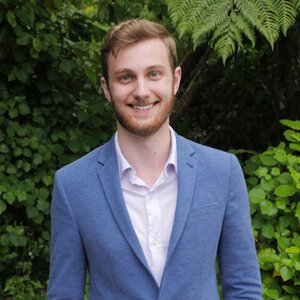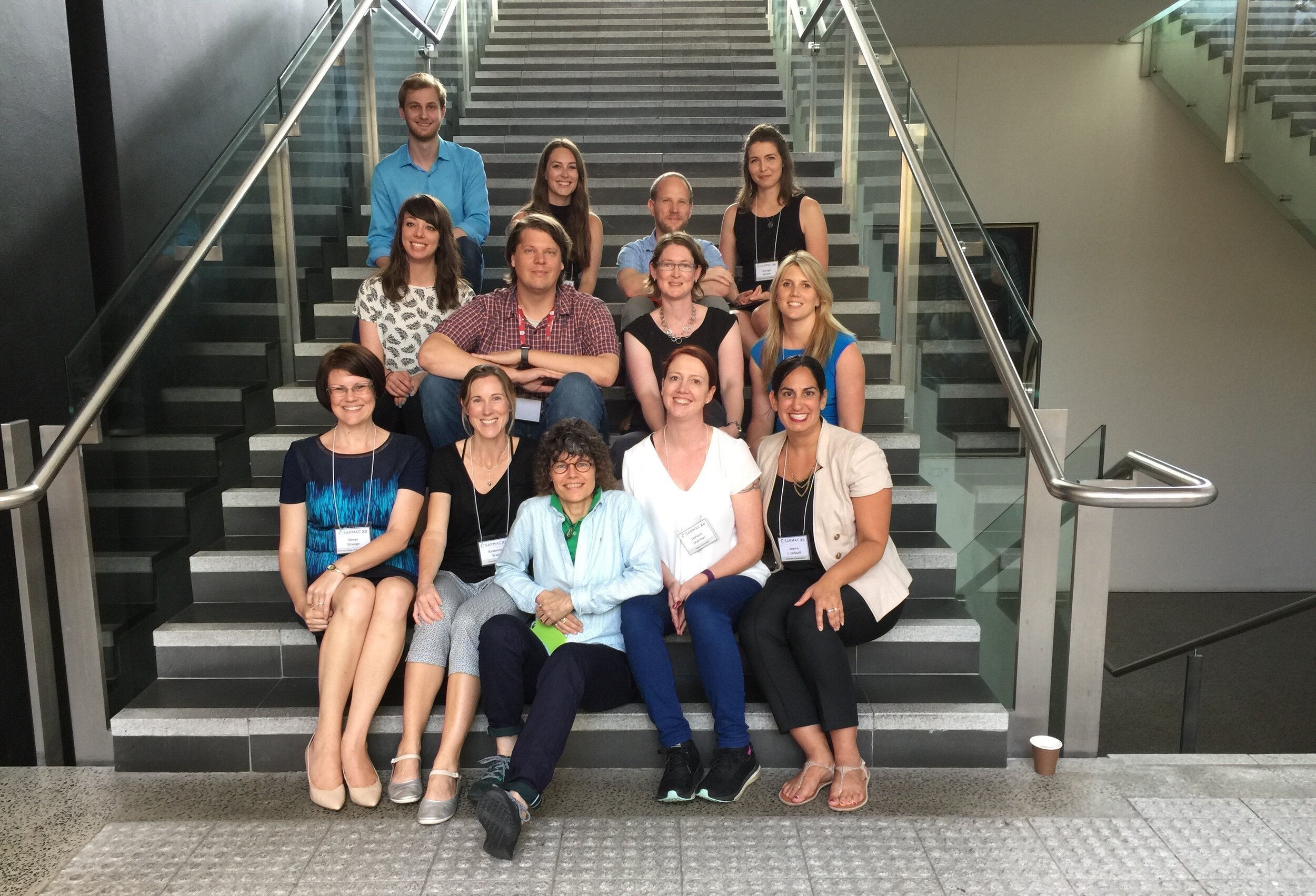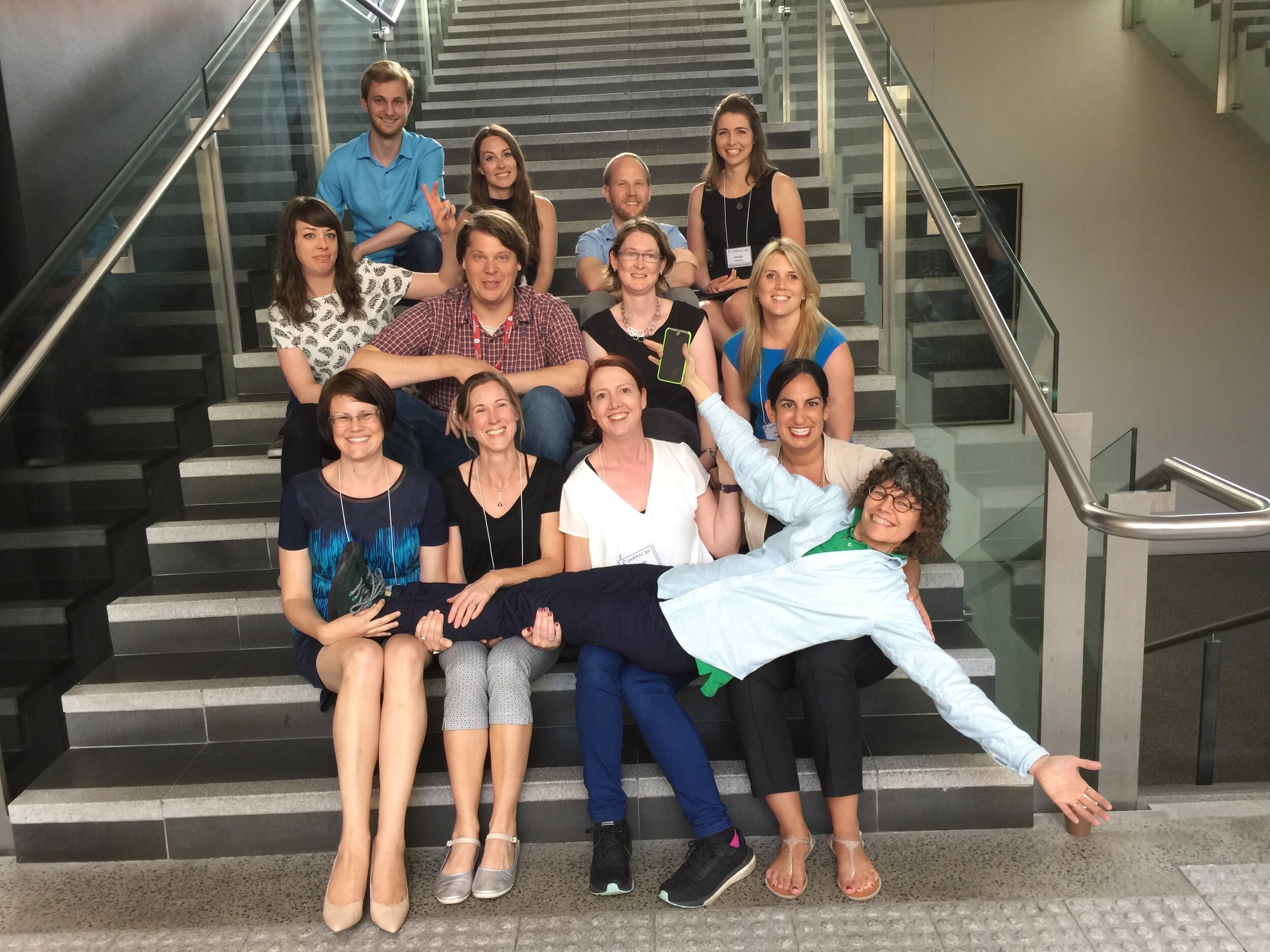Dr. Seema Clifasefi, Ph.D., MSW, is an associate professor and co-director of the Harm Reduction Research and Treatment (HaRRT) Center in the Department of Psychiatry and Behavioral Sciences at the University of Washington-Harborview Medical Center in Seattle, WA. She is also affiliate faculty at the Center for the Study of Health and Risk Behaviors and teaches in the School of Social Work. Her research lies at the intersection of substance use, mental health, criminal justice, and housing policy, with an emphasis on populations with lived experience of marginalization. Her work is guided by a community-based participatory research framework, with a focus on creating more equitable systems and a commitment to racial and social justice. Over the past decade, she has worked collaboratively with diverse communities to co-develop, evaluate, and disseminate programs and interventions that aim to reduce substance-related harm, improve quality of life, and create positive social change.
Dr. Stefanie Sharman received her Ph.D. in 2003, from Victoria University of Wellington, and then a postdoc at the University of New South Wales in Sydney. She is a Senior Lecturer in Psychology at Deakin University, and her primary interests are in memory distortions, including memory distortions that arise from police interviewing.
Dr. Kimberley Wade is a cognitive psychologist in the Psychology Department at the University of Warwick, U.K. Kim’s main interest is memory, in particular, aspects of episodic and autobiographical memory. She is best known for her research demonstrating the power of doctored images to distort memories, and her work on the mechanisms that drive the development of false memories. Much of her research has implications for policymakers and professionals in criminal justice settings (e.g., eyewitness evidence, police investigative techniques, “recovered” memories in the courtroom). Kim is Executive Director of the Society for Applied Research in Memory and Cognition (SARMAC), and Co-Director of Warwick University’s Centre for Operational Police Research (COPR). Kim has served as an Associate Editor at the journal Legal and Criminological Psychology since 2012. Her research is published in many high-impact journals, and appears frequently in the media, in undergraduate texts, and in books for the educated layperson.
Dr. Deryn Strange is a Professor at John Jay College of Criminal Justice with a dual appointment at The Graduate Center, CUNY. She has published more than 50 papers focussed on memory distortion and its impact. Her research can be grouped into three broad areas: (1) the causes and consequences of distorted memories for traumatic events; (2) the techniques that elicit false personal— autobiographical—or false collective memories and whether those false memories can be corrected; and (3) legal implications of memory distortion (e.g., the implications of body-worn camera footage, errors in alibis). Deryn is a Fellow of the Association for Psychological Science and serves as a consultant to attorneys about the malleability of memory (eyewitness testimony and identification; historical claims of abuse; memory and sexual assault). She is also the current President of the Society for Applied Research in Memory and Cognition.
Dr. Lauren French Hewitt’s research focused on how people—especially eyewitnesses—can change each other’s memories when they discuss shared experiences. More specifically, Lauren’s research examined how people can come to remember things that never happened simply because of what they learned in a conversation, and the factors that affect susceptibility to this socially conveyed misinformation. In 2008, Lauren was a finalist in the MacDiarmid Young Scientist of the Year Awards for her Ph.D. research. Since then, Lauren has worked as a lecturer in psychology, first at Curtin University in Western Australia and then at Massey University (Wellington, New Zealand). Lauren is now a Research Analyst at NZ Police in the Response and Operations Research and Evaluation team, specialising in tactical appointments and equipment, and police use of force.
Dr. Melanie Takarangi is an Associate Professor in Psychology at Flinders University. Her research draws on experimental paradigms and theory from clinical psychology and cognitive science in order to understand real-life situations in which memory distortion can be maladaptive. She is particularly interested in autobiographical memory for negative and traumatic experiences; intrusive and involuntary memories; the relationship between alcohol, crime and memory; and other legal implications of memory distortion. She has a large and diverse team of Ph.D. students, Master’s students, Honours students, Research Assistants, and Volunteers.
Website →
Dr. Jeff Foster’s areas of interest are at the intersection of behavioural sciences and information technology, such as the ways we can use psychological science to understand, predict, and reduce cybersecurity threats. He did his Ph.D. at Victoria University of Wellington in New Zealand. After completing a two-year postdoctoral fellowship at the Georgia Institute of Technology, he joined Western Sydney University in 2014.
Dr. Eryn Newman’s research and training are in memory and cognition. She completed her Ph.D. at Victoria University of Wellington in New Zealand and from 2012-2015 she spent four years at the University of California, Irvine as a Fulbright Scholar and then Postdoc. During this time, she studied human memory and forensic science communication/jury decision-making. From 2015-2017, she trained as a Research Associate/Postdoc at the University of Southern California, studying social-cognitive perspectives on assessments of truth and memory. In early 2018, she joined the ANU as a Lecturer in the Research School of Psychology.
Dr. Brittany Cardwell is an Associate Editor at Nature Communications. She did her Ph.D. at Victoria University of Wellington, investigating “truthiness”-driven memory distortions and false beliefs, and how photographs distort what people know to be true about the world and their personal experiences. During her postdoc at the University of Otago, Brittany studied the extent to which existential beliefs and perceptions of truth affect people’s judgments and emotions. She has written for The Conversation, and is also an exceedingly funny stand-up comedian.
Dr. Robert Michael is an Assistant Professor of Psychology at the University of Louisiana at Lafayette. His research focuses on seemingly trivial factors that can distort people’s thoughts and behaviors, and he is especially interested in distortions that affect eyewitnesses and other key players in the justice system. He received his Ph.D. from the Victoria University of Wellington in 2016.
Ryan Burnell is a postdoc at the University of Cambridge, working at the Leverhulme Centre for the Future of Intelligence. His research examines how people’s negative memories affect their thinking and behavior. He is also interested in the beliefs people hold about the typical consequences of negative experiences, and how those beliefs shape people’s judgments and memory for the experiences of others. He received his PhD from the University of Waikato in 2021.














